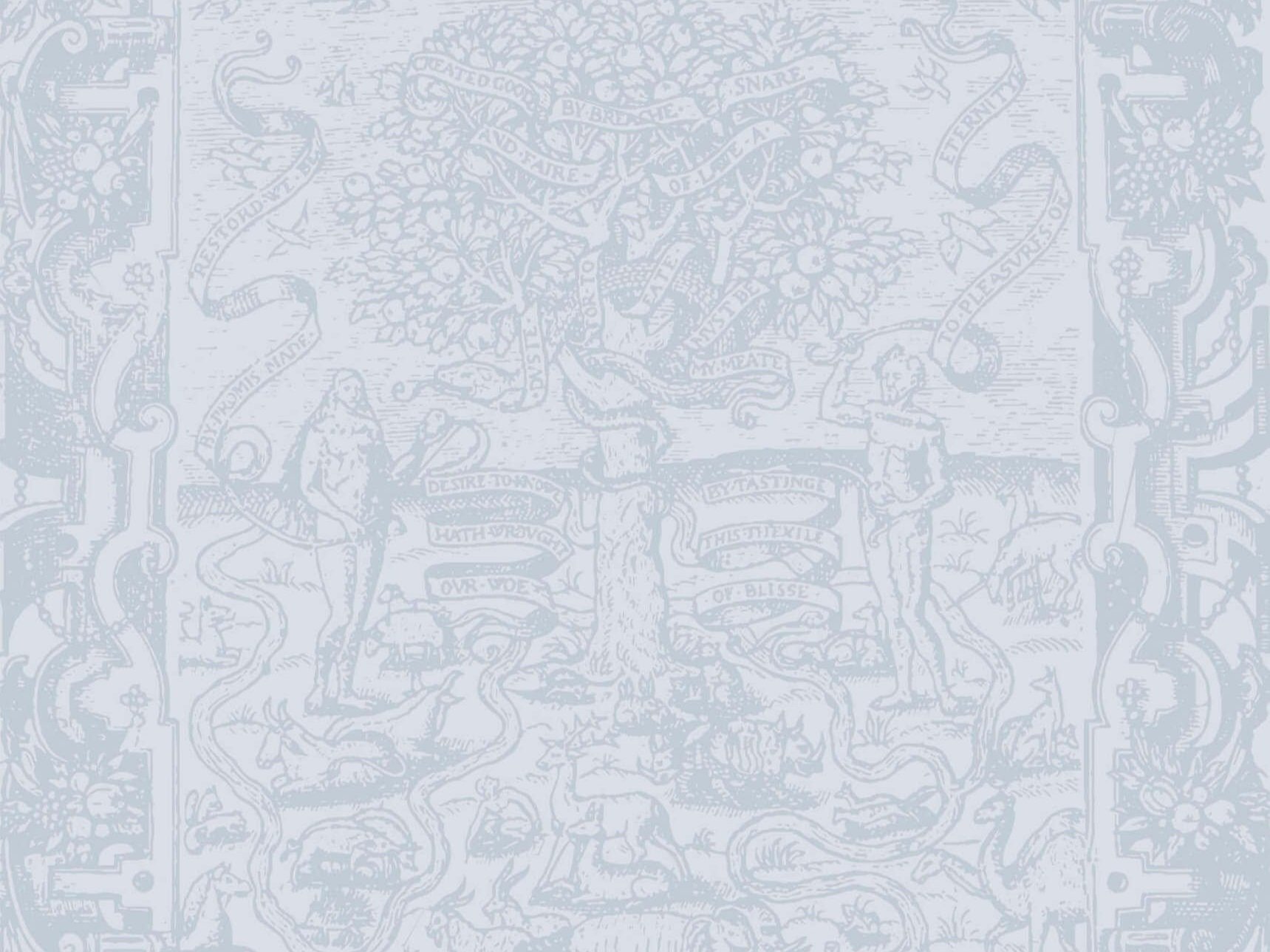
Tyndale’s New Testament
William Tyndale - A scholar
William Tyndale is known as the father of the English Bible. If you own an English version of the Bible you are indebted to William Tyndale. Joan Bridgman asserts that he "is the mainly unrecognized translator of the most influential book in the world." The King James Version is approximately 90% Tyndale's work.
Tyndale is the father of the English Reformation. Biographer Brian Edwards states that Tyndale was not only "the heart of the Reformation in England," he "was the Reformation in England." Tyndale felt that England was in spiritual darkness and could emerge from darkness if she had a Bible in English. After translating the New Testament, Tyndale completed the Pentateuch and the Historical Books. He then turned to the book of Jonah so that its message could reach the English people.
Tyndale is also the father of the modern English language. English is the international language of business in our world, and Tyndale is the man who helped standardize the language before the first English dictionary was published in 1604.
“I had perceived by experience, that it was impossible to establish the lay people in any truth except the Scripture plainly laid before their eyes in their mother tongue, that they might see the process, order, and meaning of the text.”
William Tyndale (?1494-1536) graduated from Oxford in 1515 and quickly became a reputed linguist - fluent in eight languages. His collegiate learning gave him access to the study of theology and the reading of the Bible. Erasmus released his Novum Instrumentum in 1516 and it is likely that Tyndale used this parallel Greek/Latin text to hold Bible studies with students at Magdalen college, Oxford.
He then moved back to Gloucestershire and became a tutor to the children of Sir John and Lady Walsh. Various clergymen came over for dinner at times at the estate. A heated discussion ensued over the veracity of God's Word versus the authority of the Pope. A priest noted that he would rather have the Pope's laws than God's laws. This struck a nerve with Tyndale, and he thereafter intended to devote his life to translating the Scriptures into English from the original languages of Hebrew and Greek.
"If God spare my life, ere many years I will cause a boy who drives the plough to know more of the Scriptures than you do."
The Constitutions of Oxford prohibited the translation of the Bible into English without permission. Tyndale sought approval and was denied by the Cuthbert Tunstall, Bishop of London. Tyndale left for Germany in 1524 at the age of 30, translated the New Testament and attempted to publish the work in 1525. While printing was underway word got out in the Catholic controlled town of Cologne, and the printshop was raided. Tyndale managed to escape with some printed sheets from the book of Matthew.
Tyndale did not give up. He continued his work and completed the printing of the New Testament in 1526. Copies were smuggled into England in bails of cloth. The words of Jesus in the Gospels, and almost all of the Pauline epistles were unknown to the common man or woman. Even though the church tried to prevent the spreading of Tyndale's New Testament, actively burning copies, there are numerous records of groups of people enthusiastically meeting to read the Scriptures together.
Henry VIII began to hunt Tyndale down and sent various spies to locate him and bring him back to the continent. Stephen Vaughn was an English merchant who has been commissioned by Thomas Cromwell to bring Tyndale back. Vaughn described Tyndale as a man "always singing one note." The condition that Tyndale required was nothing less than the king's official endorsement of an English Bible.
William Tyndale - the Martyr
Once Tyndale's translation of the Pentateuch was complete, he boarded an ocean-going vessel which was shipwrecked due to weather. He lost all of his books and his translation. Again, he began his translation work anew and also completed Joshua - 2 Chronicles as well as the book of Jonah.
Tyndale was betrayed by Henry Phillips in May of 1531. Upon his arrest, the house he stayed at was raided and all of his books were taken. The Historical books and the book of Jonah were preserved by his good friend, John Rogers, who would later publish them in the Matthew's Bible. Tyndale was moved to Vilvoorde castle, where he remained for 18 months until he was strangled to death and his body burned.
“Lord, open the King of England’s eyes.”
John Rogers (1505-1555) worked on a translation that used Tyndale’s work, completing the Old Testament based upon the Hebrew text. This version was first released in 1537 under the pseudonym of Thomas Matthew. This Bible is known as the Matthew's Bible or the Tyndale-Matthew Bible and welds together the best work of Tyndale and Coverdale. According to Herbert, this version is generally considered to be the primary version of our English Bible.


